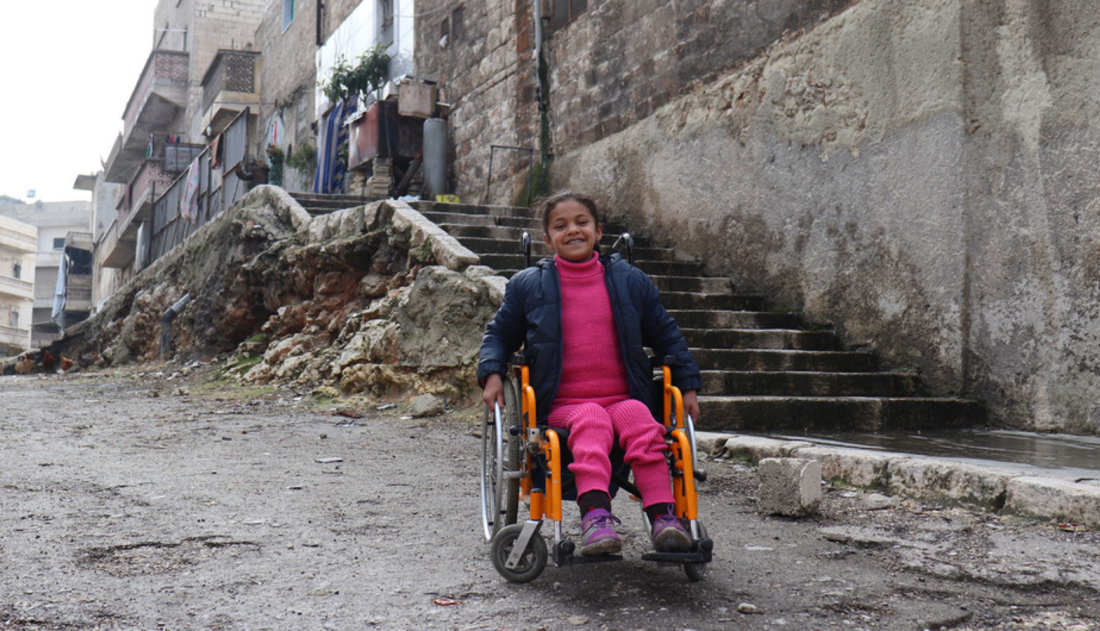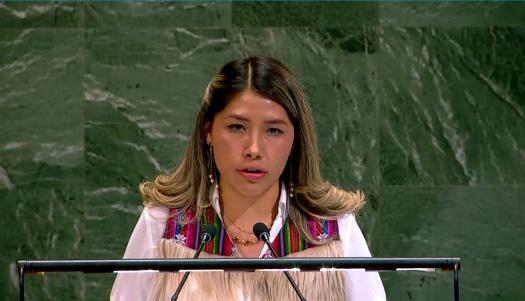
Removing barriers, making society inclusive and accessible: impact of the COVID-19 crisis on persons with disabilities and “building back better” toward an inclusive, accessible and sustainable world.
Persons with disabilities face the same risk from the COVID-19 crisis and its impact as the rest of the population, but the danger experienced by those with disabilities is compounded by many other factors, such as pre-existing health conditions, inaccessibility to health care and other essential services, social protection and income security, mental health services, and communication technologies. In addition, intersecting forms of discrimination further worsened the situation of persons with disabilities due to gender and other status, including as migrants, refugees, or from racial, ethnic or religious minorities and subjected them to even more hardships and unequal treatment. In other words, disability and structural inequalities, which characterized societies before the crisis, are being exacerbated by the multifaceted impact of the COVID-19 crisis.
Disability-inclusive local, national and global responses require cooperation, investment and direct support from all stakeholders, including governments, the UN System, humanitarian actors, civil society, and representative organizations of persons with disabilities, as well as the private sector.
The United Nations Institute for Training and Research (UNITAR) is organizing a virtual round table discussion on "The Effect of the Coronavirus Pandemic on Persons with Disabilities" on 28 May at 8am EST/ 2pm CET/ 9pm JST. This webinar is co-organized by UNITAR and the United Nations Secretariat under the auspices of the Government of Ecuador and its Permanent Mission to the United Nations in New York with the support of G3ict, the Global Initiative for Inclusive ICTs and the University of Tokyo KOMEX.
This event brings together representatives from these key stakeholder groups to discuss how new and pre-existing barriers endangered persons with disabilities and what we can learn from this unprecedented crisis to build back better toward an inclusive, accessible and sustainable world.
 Welcome to the United Nations
Welcome to the United Nations


